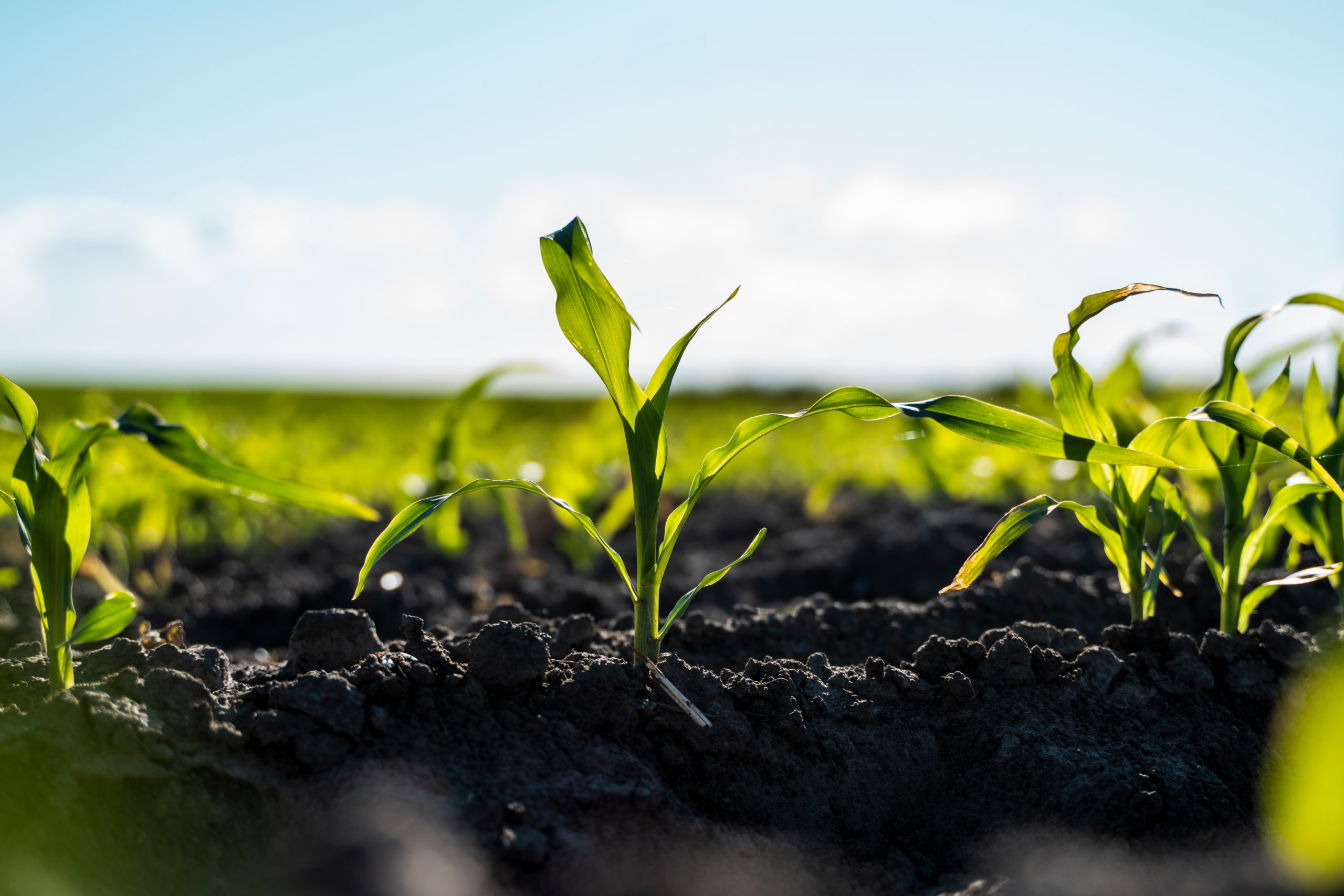Improving food security by reducing food loss and waste
In this article, we explore a selection of case studies showcasing the impact of the Africa AgriFood Connect Innovation Awards on improving food security through reducing food loss and waste. 51 of these projects focused on reducing food loss and waste.
The need: Improving food security by reducing food loss and waste
Gaining reliable data on the source and cause of food loss and waste is a challenge given the complexity and interdependency of global food supply chains. FAO suggests that pre-consumer waste across Africa could range between 20-55% of the total edible food produced, equating to 120-170 kg of food wasted each year per capita. This is similar across the globe with some tendencies for greater consumer waste in more industrialised areas.
Food loss and waste occurs at all stages of the food supply chain but each year Africa loses half of its crop pre-harvest due to pests (insects, pathogens, nematodes, weeds) and disease. This represents a waste of resources used in production such as land, water, energy and leads to unnecessary CO2 emissions in addition to loss of economic value of the food produced. Other causes range from poor storage and refrigeration post-harvest, improper handling during transport or inefficiencies during processing. Pests and diseases remain one of the biggest threats to food production, increasingly destabilising food security and livelihoods across climate-vulnerable regions around the world.

The solutions: Agrifood Africa Innovation Awards food loss and waste case studies
Selected case studies below showcase projects that focused on a blend of technological innovation, biological enhancements, and market access to reduce food loss and waste.
- 54 projects managed to create new products and/or services to be used by farmers in Africa.
- Significant innovation was also targeted at existing agricultural systems; 62 projects improved existing processes and/or supply chains.
-
Upscaling the delivery of pest resistant potatoes to East Africa
Potato cyst nematodes (PCN) are microscopic pests that feed on roots. PCN has been discovered in potato fields in at least three African countries. Infestations lead to wastage, poor yields and crop failure.
A collaboration between Prof John Jones from the James Hutton Institute and Danny Coyne from the International Institute of Tropical Agriculture (IITA) explored how to scale-up seed production systems for newly developed PCN-resistant potato varieties in Kenyan agricultural systems.
It allowed seed production systems to be established in Kenya in preparation for the novel varieties to enter national performance trials. Ultimately, working with industrial partners will enable farmers to access the seed of these improved varieties.
Future opportunities:
- Expanding the production of PCN resistant varieties into Uganda, and other countries.
- Establishing routes to market for new varieties to scale further.
- Developing new biological control strategies for PCN to further support farmers will further support in addressing this issue. In a follow-on project the team are exploring natural compounds with nematocidal properties.
-
Optimisation for commercialisation of off-grid mobile solar cooling system for the Nigerian agri-food market ‘SolTech2’ – Reducing post-harvest loss
Improving access to sustainable cold chain solutions within food systems could significantly reduce post-harvest food loss as well as maintaining product quality and safety.
Collaborating with Brunel University, Netune Atlantic Ltd developed ‘SolTech2‘, a pioneering refrigeration solution. This mobile, solar-powered cooling system, housed in a trailer box, offers an economical refrigeration option for agricultural and supply chain stakeholders.
Harnessing solar energy makes the product accessible and cost-effective. Market traders in Abuja, Nigeria using the SolTech2 system reported prolonged produce freshness, substantially reduced wastage and income boosts ranging from 10-23%.
The extended shelf life of produce led to fewer trips for stock replenishment, cutting visits to their suppliers two to three-fold.
Future opportunities:
- Optimisation of the system for the different temperature requirements of different products.
-
Testing bi-modal trap efficiency for controlling the fruit and shoot borer complex associated with African eggplant in Ghana
The eggplant fruit and shoot borer (EFSB) causes crop losses in Africa. The moth lays its eggs on the plant and the larvae bury inside, ultimately reducing the yield. Effective, affordable, and environmentally friendly approaches to control this pest are needed.
Dr Francis Wamonje, NIAB and Dr Ken Fening, University of Ghana began this project by identifying the EFSB species attacking the eggplants using DNA testing. Surprisingly, they identified a different moth species to what they expected. Understanding what species are present in Ghana and sharing this genetic data openly will allow future work on controlling EFSB to be more targeted.
Following this, the team found that using lights of a specific wavelength alongside existing pheromone traps could increase the capture of EFSB. This bi-modal approach could be applied in different locations and potentially with different crop pests.
Future opportunities:
- Using solar energy to power pheromone and light traps which could make them more portable and usable on farms.
- Identifying more specific pheromone lures to improve control of the moth.
Discover more about our impact
With 86 Innovate UK AgriFood Africa Connect Innovation Awards completed, each project has helped to improve the sustainable management of African AgriFood systems. The commitment from project leads is to create positive change, guided by GCRF AgriFood Africa’s key goals which aim to reduce poverty, increase economic prosperity, and improve wellbeing.
Dive deeper into our journey and explore project impact and approaches in:
Related programme

AgriFood Africa Connect
Innovate UK AgriFood Africa Connect brought innovative people and organisations across the UK and Africa together to develop solutions for the sustainable management of AgriFood systems in Africa.

